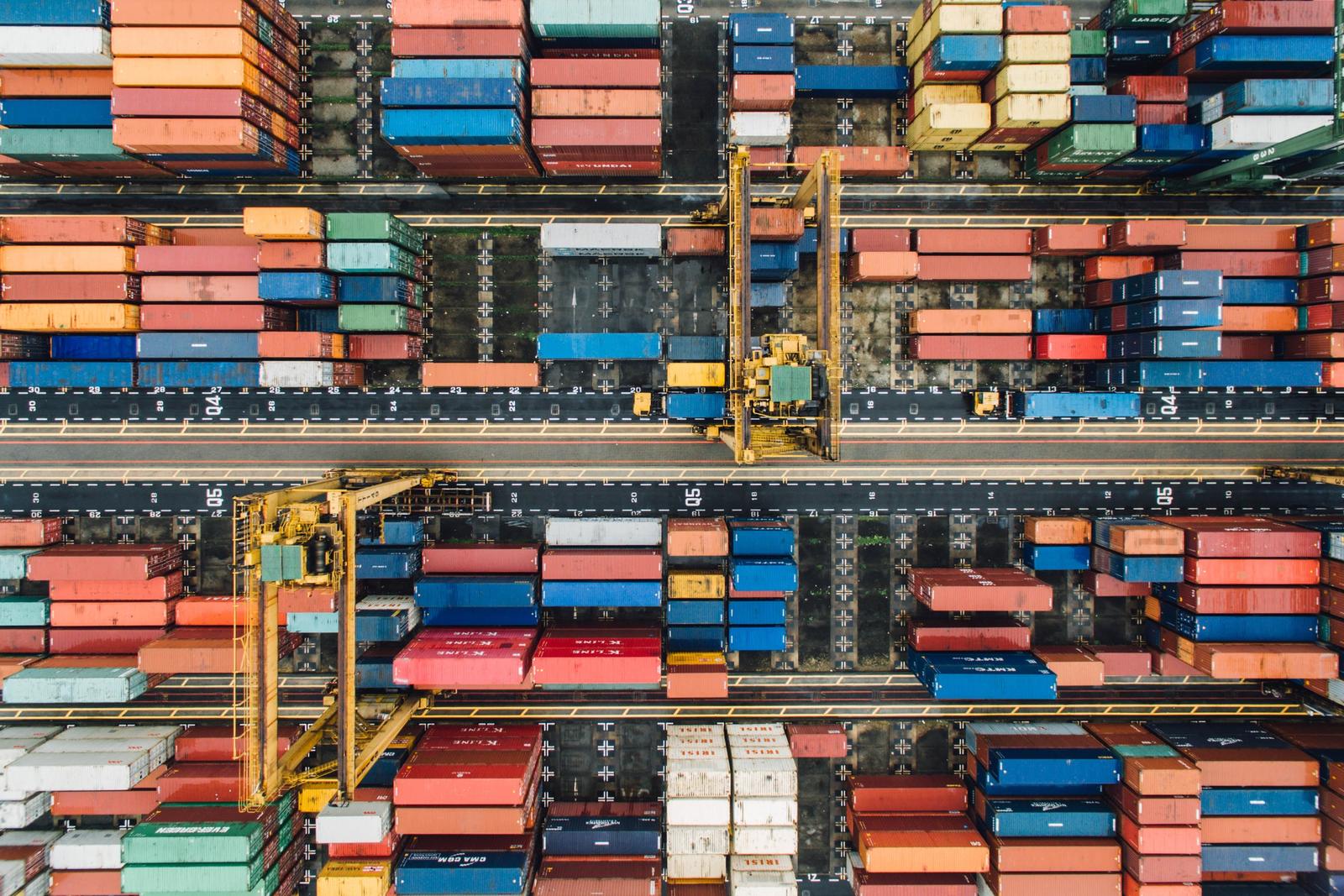Mike McGrath, COO and Co-founder at Kwayga explores….
From soaring food prices to social unrest, the fallout from the Russia-Ukraine war could be considered immense.
When Russia invaded Ukraine no one knew how deep the shockwaves sent through Europe and the rest of the world would be or how long the ensuing conflict would last. As the war approaches its sixth month, however, the fallout from the conflict is becoming clearer and the outlook does not look good.
Against an already turbulent backdrop of global inflationary pressures amid rising food and energy prices and disrupted supply chains following the coronavirus pandemic, the war between Russia and Ukraine is exacerbating supply and demand tensions, damaging consumer sentiment and is threatening global economic growth.
Looking at the broader global food supply chain, we clearly see this conflict shaking important pillars of this system in an already disturbed context. In the UK, as a result of the conflict, the government has delayed imposing post-Brexit border checks on imports from the EU citing that it did not want to worsen inflationary pressures. With this announcement, it is the fourth time that the UK government has delayed such checks.
More from News
- Students Are Sneaking Secret AI Phrases On Academic Papers
- How Will The Rise Of AI Influencers Impact Content Creators?
- What Is Google’s AlphaGenome And Why Does It Matter For AI?
- What Are UK Innovator Passports And Who Uses Them?
- Experts Share: Are There Other Global Initiatives Similar To Trump’s “Gold Card” Visa?
- How Are The UK And The Ocean Linked To Threat Detection?
- Driverless Vehicles: Why Is Tesla Under Investigation?
- Professional AI Use: Is There A Double Standard In Who Uses It?
The impact of Brexit on food prices is now truly being felt by the British public. In April, researchers from universities including the London School of Economics published research which stated that the trade barriers created via Brexit raised food costs by 6%. Even more telling is that year on year, the cost of food is almost 10% higher than a year ago.
Technology continues to have an impact on reshaping contemporary food supply chain systems to improve productivity, affordability, accessibility and diversity of choice and to reduce losses and waste. More than 80% of the population in Europe buys food from large retailers because they are convenient and reliable.
The dominance of the large retailers, who can afford to invest in technological innovation, has led to raised quality and welfare standards across the food industry. One example of technological innovation that has revolutionised the food industry is sourcing problems.
Supply chains of the future need to produce healthy and nutritious food that has been grown in an environmentally friendly and ethical way, while also dealing with the significant challenges of a growing population, climate change and declining natural resources.
Consumers in turn have become more health- and environment-conscious and increasingly demand more locally produced, less processed food of known origin.
This is leading to a ‘circular economy’ where the feedback between supplier and consumer is continuous, resource consumption and waste are minimised, and the supply chain is no longer one-directional.
Changes in supply chain systems are bringing more transparency to the food production process, ensuring functional regulatory systems, eliminating heavy administrative burdens and costly compliance procedures, improving farmers’ income and minimising environmental impacts.
Food supply chains need to become smart, sustainable and inclusive and they need to support sustainable local agricultural and food production through direct interaction between producers, businesses and consumers, creating more resilient communities.



